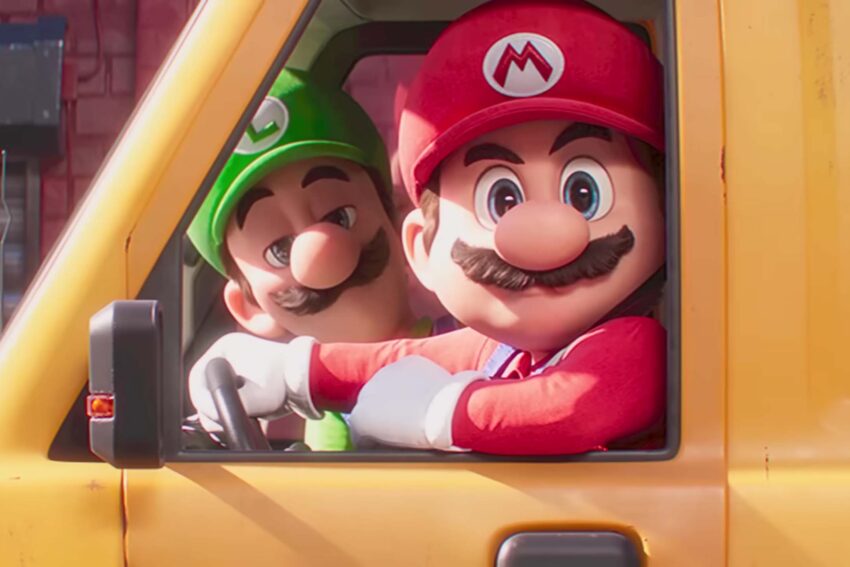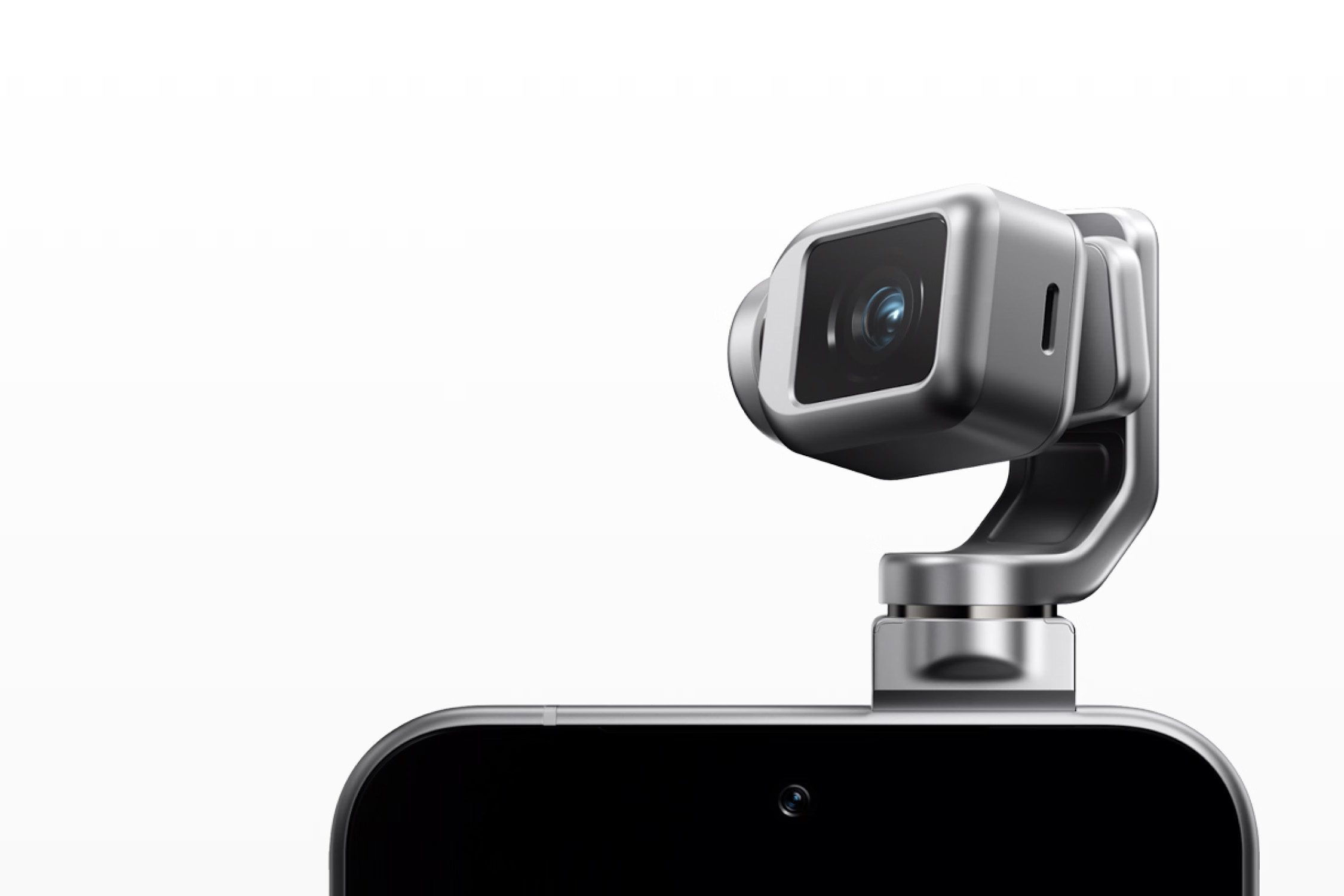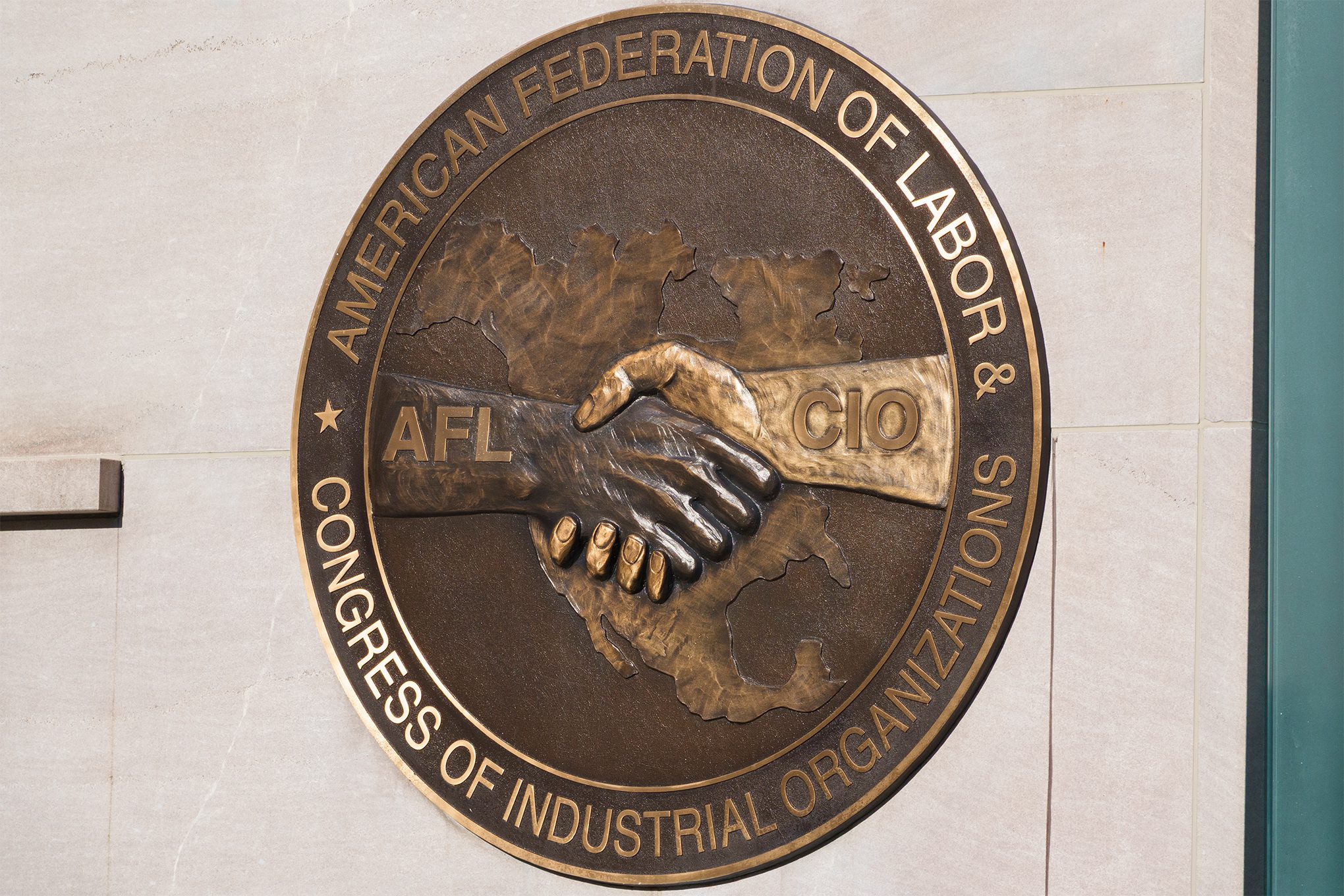
japan wants openai to stop ripping off Japan’s government is intensifying its efforts to protect its artistic heritage by formally requesting OpenAI to cease the unauthorized use of Japanese artwork.
japan wants openai to stop ripping off
Background on OpenAI and Sora
OpenAI, a prominent player in the artificial intelligence landscape, has made significant strides in various sectors, including natural language processing and image generation. The company gained widespread attention with the launch of its social video app, Sora, which allows users to create and share AI-generated content. However, the app has faced considerable scrutiny due to its reliance on existing artistic styles, particularly those rooted in Japanese culture, such as manga and anime.
Since its launch, Sora has been populated with a plethora of AI-generated material that many users have deemed questionable, raising concerns about copyright infringement. The app’s functionality, which allows users to generate content based on existing styles, has led to accusations that it exploits the creative works of artists without proper attribution or compensation.
Japan’s Response
In response to these concerns, Minoru Kiuchi, a Japanese politician with a portfolio that includes intellectual property strategy, publicly criticized OpenAI for its alleged copyright violations. Kiuchi emphasized the importance of protecting Japanese art forms, stating that they are “irreplaceable treasures.” His remarks reflect a broader sentiment within Japan regarding the need to safeguard its cultural assets in an increasingly digital world.
The Cabinet Office of Japan has formally requested OpenAI to halt its infringing activities, signaling a serious commitment to protecting the nation’s artistic heritage. This move is part of a larger initiative to ensure that Japanese creators are recognized and compensated for their work, especially in the face of rapidly evolving technology that can easily replicate artistic styles.
The Importance of Manga and Anime
Manga and anime are not just popular forms of entertainment in Japan; they are integral to the country’s cultural identity. These art forms have a rich history and have significantly influenced global pop culture. From iconic series like “Naruto” and “One Piece” to critically acclaimed films by Studio Ghibli, Japanese art has garnered a massive following worldwide.
As such, the appropriation of these styles by AI-generated content raises ethical questions about originality and ownership. Many artists and creators feel that their work is being exploited without proper credit or compensation, leading to a growing backlash against companies like OpenAI that utilize these artistic styles in their technology.
OpenAI’s Challenges and Backlash
The backlash against OpenAI is not limited to Japan. The company has faced criticism globally for its approach to copyright and intellectual property. The now-abandoned opt-out policy for copyright holders on Sora was particularly controversial, as it allowed users to generate content based on existing works without obtaining permission from the original creators.
This policy was met with widespread disapproval, prompting OpenAI to reconsider its stance. CEO Sam Altman acknowledged the company’s debt to the “remarkable creative output of Japan,” indicating a willingness to engage in dialogue about how to better respect the rights of artists. However, the damage had already been done, and the company is now grappling with the fallout from its previous policies.
Implications for the AI Industry
The situation with OpenAI and the Japanese government highlights broader implications for the AI industry as a whole. As AI technologies continue to evolve, questions surrounding copyright and intellectual property rights are becoming increasingly complex. The ability of AI to generate content based on existing styles raises concerns about the potential for infringement and the need for clearer guidelines on how to navigate these issues.
For many creators, the rise of AI-generated content represents a double-edged sword. On one hand, these technologies offer new avenues for creativity and innovation. On the other hand, they pose significant risks to the livelihoods of artists who rely on their original works for income. The challenge for companies like OpenAI will be to strike a balance between leveraging AI’s capabilities and respecting the rights of creators.
Stakeholder Reactions
The reactions to Japan’s formal request have been varied, with stakeholders from different sectors weighing in on the issue. Many artists and creators in Japan have expressed support for the government’s actions, viewing it as a necessary step to protect their work. They argue that the unauthorized use of their artistic styles undermines their efforts and devalues their contributions to the cultural landscape.
Conversely, some in the tech industry have raised concerns about the implications of such requests for innovation and creativity. They argue that overly stringent regulations could stifle the development of AI technologies that have the potential to enhance artistic expression. This tension between protecting creators and fostering innovation is likely to be a focal point in discussions surrounding AI and copyright in the coming years.
International Perspectives
The issue of copyright infringement in the context of AI-generated content is not unique to Japan. Other countries are grappling with similar challenges as they seek to protect their cultural heritage while embracing technological advancements. In the United States, for example, debates surrounding copyright law and AI have intensified as more companies enter the space.
As nations navigate these complexities, there is a growing recognition of the need for international cooperation to establish clear guidelines for AI and copyright. Collaborative efforts could help create a framework that balances the interests of creators with the potential benefits of AI technologies.
Future Considerations
Looking ahead, the relationship between AI companies and creative industries will likely continue to evolve. OpenAI’s experience serves as a cautionary tale for other tech firms venturing into the realm of artistic content generation. The importance of engaging with creators and respecting their rights cannot be overstated, as failure to do so could result in significant backlash and reputational damage.
Moreover, as AI technologies become more sophisticated, the lines between original creation and imitation may blur further. This reality underscores the need for ongoing dialogue among stakeholders, including artists, tech companies, and policymakers, to ensure that the rights of creators are upheld in an increasingly digital landscape.
Conclusion
The Japanese government’s formal request for OpenAI to cease its alleged copyright infringements marks a significant moment in the ongoing discourse surrounding AI and intellectual property. As the world grapples with the implications of AI-generated content, the need for clear guidelines and respectful engagement with creators has never been more pressing. The outcome of this situation could set important precedents for the future of both the AI industry and the creative sectors it seeks to engage.
Source: Original report
Was this helpful?
Last Modified: October 15, 2025 at 7:37 pm
5 views















